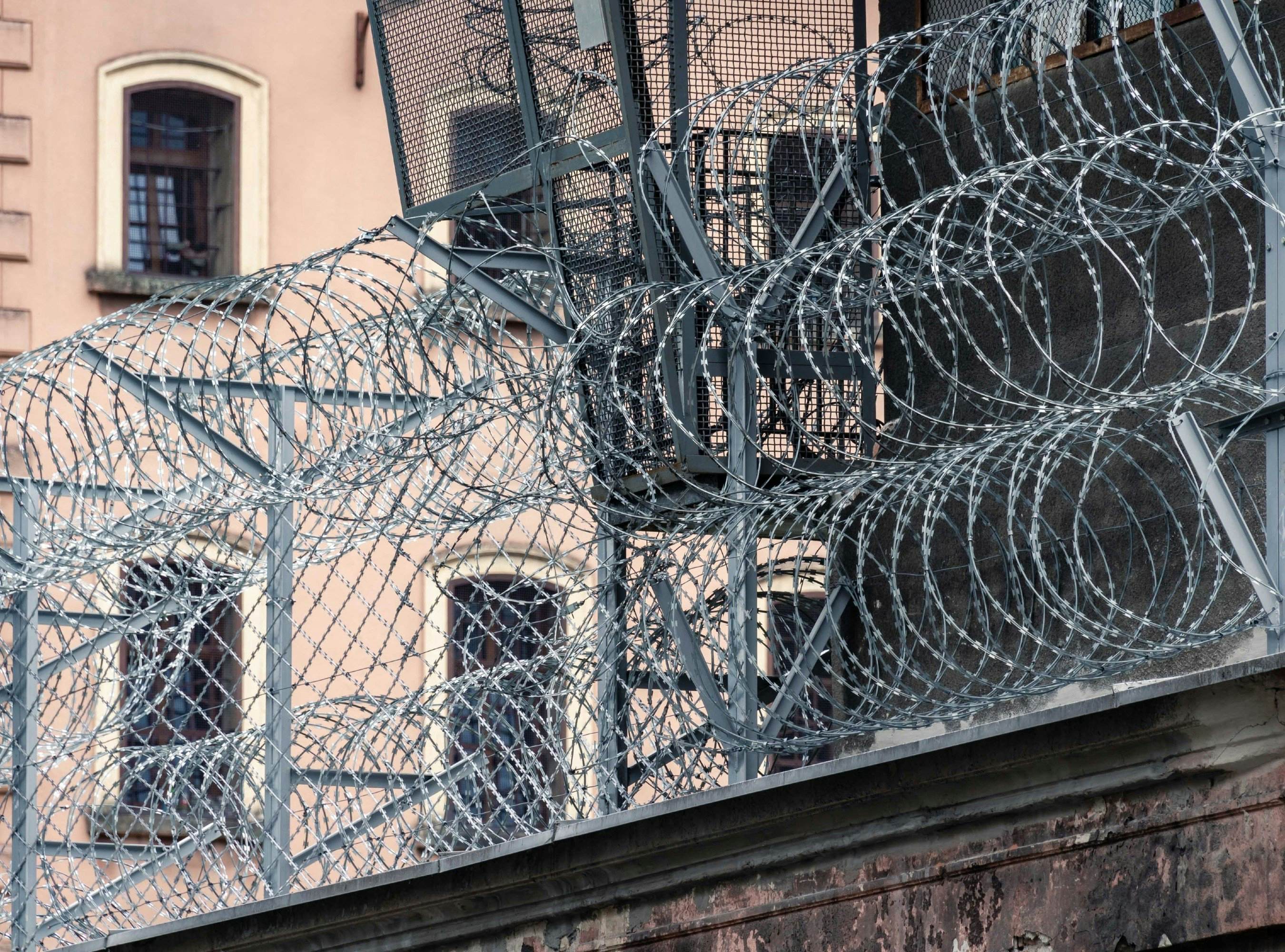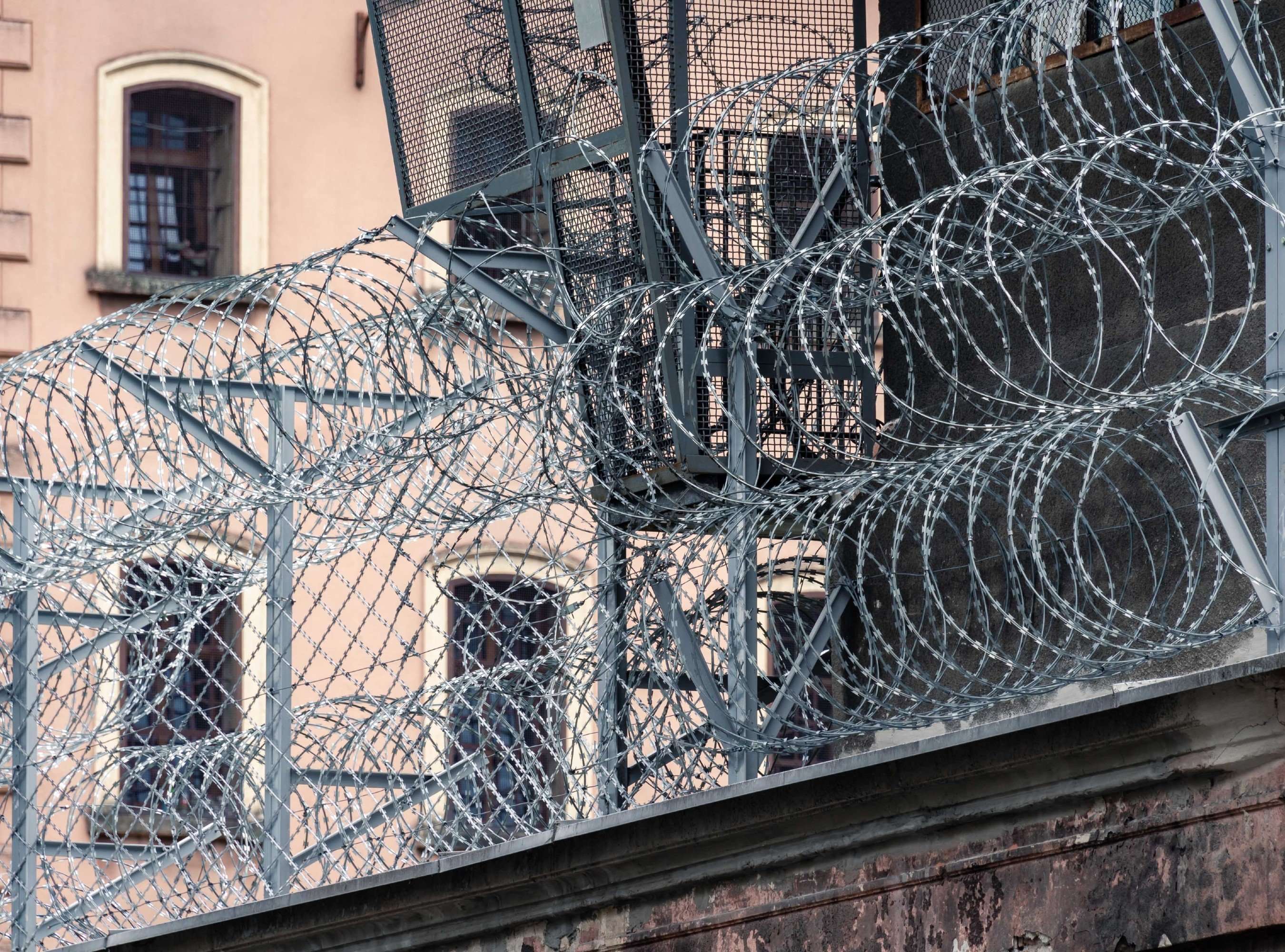Coronavirus has been a crippling blow to health and safety within the prison system. As of May 4, 2020, 1,984 federal inmates and 356 Bureau of Prisons (BOP) staff have confirmed positive test results for COVID-19, with 543 inmates and 149 staff having recovered. A jarring 40 federal inmate deaths have been attributed to COVID-19.
BOP employees and inmates have been vocal in their criticism of the prison system’s handling of the virus, though it has done little to quell the surge of infections. The system’s official response has been starkly lacking given the severity of the coronavirus pandemic.
Correctional facilities across the country are facing civil rights lawsuits for their negligent management of the health crisis and resulting harm suffered by inmates. The actions—or more aptly, inaction—of many prison authorities will likely continue to bring a large volume of class action cases concerning inmate treatment during the COVID-19 pandemic.
Legislation For the Protection of Prisoners and Staff
The Congressional stimulus legislation, which was passed in March 2020, included funding for the criminal justice system to respond to COVID-19. State and local law enforcement received $850 million, and $100 million of those funds went to the Federal Bureau of Prisons. This funding was allocated for prison employee overtime pay and resources to protect prisoners and employees, such as testing kits and personal protective equipment (PPE).
The legislation also granted the Director of the BOP the authority to determine which low-risk offenders could be released to home confinement during this emergency. In this instance, it was determined that time served and time remaining considerations would not apply. The Attorney General was also granted powers to issue directives that supersede standard rules during the crisis.
Failure to Take Preventative Measures
By mid March—when most of the country was in some form of lockdown—the BOP had yet to issue its strategic five-phase plan for combatting COVID-19 in prisons. At the time the plan was released in late March, a U.S. congressman commented, “I think that there’s much more that they could have done prior to now. They could have followed the Centers for Disease Control and Prevention guidelines.” This failure to follow national public health standards and guidelines in a timely fashion presents ripe ground for lawsuits.
Delayed Inmate Releases
The Department of Justice Inspector General also warned that the BOP was not utilizing home detention as fully as allowed under their authority. Despite Congressional guidance for early releases, some elderly prisoners with underlying medical conditions who were eligible for home confinement under standard rules remain in prison. Other at risk inmates such as pregnant women, people over the age of 55, or those living with serious chronic medical conditions also were not given a priority for immediate release early from federal prisons.
Despite the BOP and Attorney General Barr’s actions though, there is still much confusion regarding eligibility for home confinement and when releases will actually take place. With rising COVID-19 cases in three federal prisons in Louisiana, Ohio and Connecticut, Attorney General William Barr directed those prisons to prioritize release of older prisoners—who may have underlying conditions that make them particularly vulnerable—who have served substantial parts of their sentences and “no longer pose a threat.” To qualify for release, these prisoners had to be eligible for home confinement, however, this qualification was soon expanded to include all at-risk inmates.
Improper Quarantine and Transfer Procedures
Prison transfers also continued well into March without adequate COVID-19 testing or quarantine procedures. Federal authorities didn’t take action on proper 14-day quarantines or halt inmate transfers until late March. The U.S. Immigration and Customs Enforcement agency also carried on with detainee transfers amidst the COVID-19 crisis.
A Sampling of Ongoing COVID-19 Lawsuits Against Prisons
Plaintiffs have already begun filing class actions and individual lawsuits against prisons for various types of COVID-19 mismanagement and civil rights violations. The many missteps on the part of local, state, and federal prison systems are all opening the floodgates for massive amounts of litigation.
Here is a small sampling of the growing number of lawsuits filed against prisons and prison authorities in the last few weeks related to the coronavirus outbreak.
Graham et al. v. Allegheny County et al
Three medically-vulnerable prisoners in the Allegheny County Jail in Pittsburgh, PA filed a lawsuit in federal court on behalf of incarcerated inmates that claims the jail is not giving prisoners enough space to control the spread of the coronavirus. The complaint alleges that despite available extra space after the release of eligible inmates, the jail is not taking steps to eliminate double-occupancy cells and maintain low inmates levels in common spaces.
Oakdale Federal Correctional Institutions Class Action
In a class action lawsuit filed on behalf of incarcerated prisoners at Louisiana’s Oakdale Federal Detention, the American Civil Liberties Union, the ACLU of Louisiana, and Katten Muchin Rosenman LLP sued the prison’s warden and the BOP director. The lawsuit seeks the release of at-risk prisoners whose age or medical conditions put them at high risk of contracting COVID-19.
COVID-19 Positive Inmate Dies Shackled to Bed
Another lawsuit was filed by the family of a detainee who died from complications from the coronavirus while in custody at Cook County Jail in Chicago, Illinois. The suit claims that the deceased was shackled to a bed while he was ill and this was a violation of his constitutional rights. With Cook County jail becoming the largest known single source of new infections in the country, this won’t be the last complaint lodged against it.
Connecticut ACLU Class Action
The ACLU of Connecticut has filed a class-action federal lawsuit on behalf of the state’s incarcerated population, calling for the release of prisoners who are over 50 years old and those who are at high risk for severe illness or death from COVID-19 due to existing medical conditions.
38% of Arkansas’ COVID-19 Cases Concentrated in Prisons
After more than a third of the inmates at one Arkansas prison tested positive for COVID-19, civil rights groups filed a lawsuit accusing the state of failing to prevent the spread of the infection in its prisons. At least 670 inmates and 10 staff at the facility tested positive. So far, 38% of all COVID-19 cases in Arkansas are concentrated in prisons.
Allegations Aren’t Slowing Down
Amidst these cases already filed, shocking stories continue to emerge from correctional facilities. Among these is the report of an inmate in Danbury, CT who had to beg for an ambulance after a temperature check misread her fever. Unfortunately, allegations of negligence regarding inmate medical attention is all too common, particularly dealing with the spread of COVID-19. Correctional authorities should anticipate further litigation against them, including negligence and wrongful death lawsuits.
Expert Witnesses for COVID-19 Prison Lawsuits
Expert witnesses in the correctional field will be in high demand as lawsuits continue to be filed on behalf of inmates. Both corrections and correctional medicine experts will be critical to opine on how communicable diseases should be handled within the prison system and where prison officials misstepped in mitigating COVID-19. An infectious disease expert can also offer important insights into the elevated risk of infection within a prison setting and the proper protective steps that should’ve been taken.
Expert Witness Specialty Index
Speak with a correctional facilities expert witness about prison management during COVID-19
Explore a sample of our expert network.

E-486604
Correctional Internal Investigations Expert Witness | Missouri

E-301244
Corrections Expert Witness | California

E-063723
Corrections & Sexual Molestation of Minors and Women Expert Witness | Oregon

E-060854
Internal Affairs & Prison security Expert Witness | California

E-037152




